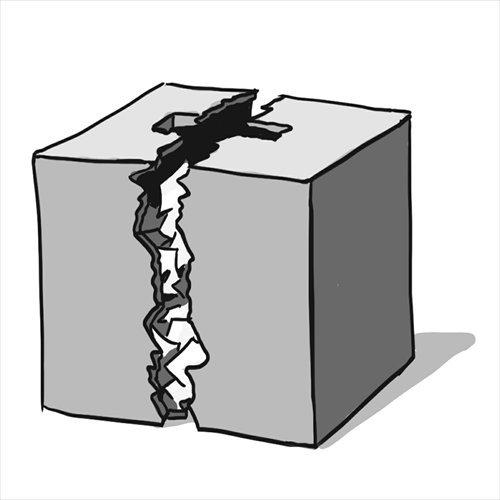HOME >> OP-ED
Thailand's democracy sinks into vicious circle
By Ding Gang Source:Global Times Published: 2013-11-27 22:03:01

Illustration: Liu Rui/GT
Tens of thousands of protesters have swarmed to the streets of Bangkok in recent days. This Monday, demonstrators separated into 13 groups to march to 13 locations of government ministries, where they occupied the premises and disrupted operations. There was still no sign of retreat at press time.
This round of protests was triggered by an amnesty bill launched by the ruling Pheu Thai Party in August. If approved, this bill would pave the way for exiled former prime minister Thaksin Shinawatra to legally return to Thailand.
Opposition movements in Thailand soon shook their head in protest. Several massive demonstrations have been organized since the bill went public, which have become the biggest protests since the 2010 Thai political crisis.
Bangkok has a population of over 10 million, accounting for about 10 percent of Thailand's overall population. It is a place where prosperity and poverty, democracy and violence, street politics and a colorful night life all mingle, giving a glimpse of the current state of the country.
The turbulence in Thailand can be easily pinned on the polarization of the rich and the poor. This is true, and piles of reports and data can illustrate this perspective.
According to a report issued by the United Nations Development Program, Thailand has a severe problem with inequality. The problem of income inequality in Thailand is as severe as that of much poorer countries such as Uganda and Cambodia.
However, it should be noted that Thailand's incessant turmoil is not simply the result of the income gap. The Thai political system should also take due responsibility.
The major split in Thai society is not caused by the conflict between the rich and the poor. On the contrary, it is the result of intense confrontation between the grass roots and the middle income groups. Thaksin's supporters are mainly low income people such as peasants, while the opponents of Thaksin are basically middle income people such as urban citizens.
Thailand is not the only country facing this problem. Many other developing countries which have adopted the Western voting system are grappling with these issues.
Western democracy has not brought in stability and sustainable development as claimed by some Westerners. In the face of severe opposition between two major social classes, ballots can do nothing but aggravate confrontation and secession.
Political leaders can win support from the people by paying lip service. They even made empty promises by offering "free lunches" to the grass roots to win more votes. This voting system is ripping the society apart.
As the major payers of state tax revenue, the middle income groups care about how their money is used by the government. They are unwilling to share their acquired benefits with the grass roots.
These elected governments have already been kidnapped by votes and their parliaments. The lack of the governing capacity becomes their universal problem. Facing the splits between political parties and social classes, these governments, which usually represent the interests of certain groups, cannot sustain a neutral position for the benefit of the whole country. They have to pick sides, and implement policies that can only guarantee their own interests.
Such kinds of governments cannot win support from the great majority of the people, neither can they channel the will of the people into the power to establish a relatively fair distribution system.
Failure to set up such a system will curb the authority and governing capacity of the Thai administration, which leads the whole society into disorder. Street politics and parliamentary conflicts have trapped the Thai government into repetitive circles of chaos.
The only way left for Thailand is to reform. But such a reform will not take effect unless it can be carried forward with long-term stability. A simple historical analysis will find that Thailand has gone through 18 coups, whether successful or not. After each coup, elections ensued. The biggest concern facing Thailand might be that the kingdom has not considered the possibility of stepping out of the coup-election-coup circle.
The author is a senior editor with the People's Daily. He is now stationed in Brazil. dinggang@globaltimes.com.cn http://twitter.com/dinggangchina
Posted in: Columnists, Ding Gang, Critical Voices